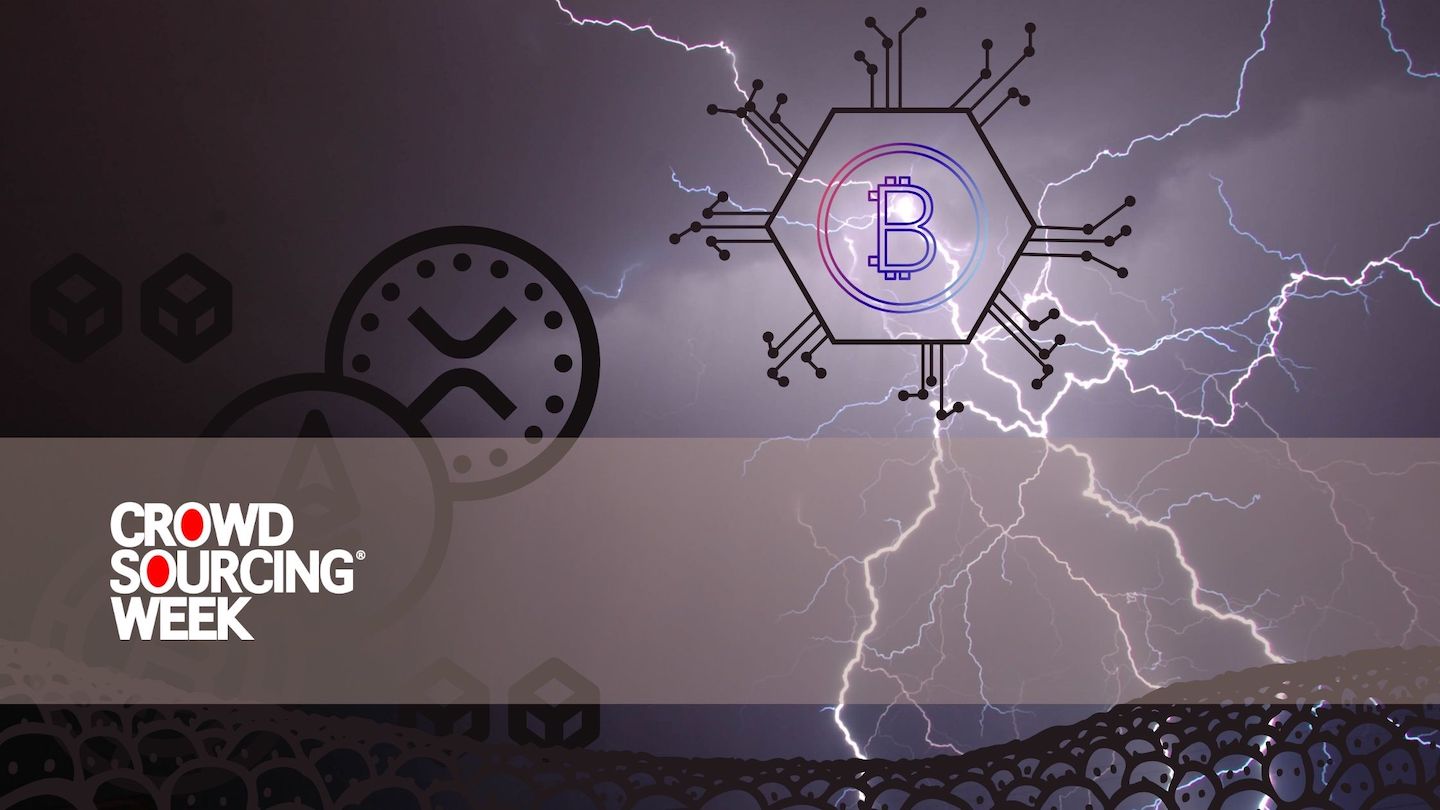Bitcoin allows anyone to transfer value without needing a trusted intermediary or depository. It contains an advanced scripting system that allows users to program instructions for funds. However, as the number of Bitcoin transactions has grown, some drawbacks to Bitcoin’s decentralized design have become evident. Transactions confirmed on the Bitcoin blockchain can take up to one hour before they are irreversible. Also, Bitcoin micropayments – which can be less than a few cents – are inconsistently confirmed, and fees render such transactions unviable. The Lightning Network claims to solve these problems.
The Lightning Network represents a technological development in multiparty Bitcoin computations, operating as a decentralized system for instant, high-volume micropayments that removes the risk and cost of delegating custody of  the funds to trusted third parties (such as banks). It is one of the first implementations of a multi-party Smart Contract (programmable money) using Bitcoin’s built-in scripting. By using real Bitcoin/blockchain transactions together with its native smart-contract scripting language, it is possible to create secure off-chain networks of participants that are able to transact with each other at high volume, high speed, and at lower cost.
the funds to trusted third parties (such as banks). It is one of the first implementations of a multi-party Smart Contract (programmable money) using Bitcoin’s built-in scripting. By using real Bitcoin/blockchain transactions together with its native smart-contract scripting language, it is possible to create secure off-chain networks of participants that are able to transact with each other at high volume, high speed, and at lower cost.
This is ideal for crowdsourcing platforms that require frequent small transactions. It enables creators to receive funds directly from supporters without having to rely on intermediaries. As well as helping to reduce fees and increase transparency, it enables a more direct relationship between creators and their supporters.
There are several crowdsourcing platforms that are now built with the Lightning Network of Bitcoin. Here are some examples:
Satoshi’s Place
Satoshi’s is a UK-based event and co-working space offering food and drink for Bitcoin micropayments using the Lightning Network. Its overriding aim is to help onboard and educate people interested in Bitcoin, and other cryptos, and to “create a space for great minds to connect.” It also provides a crowdsourcing facility that allows users to contribute to collaborative art projects and donate to worthy causes through microtransactions.
Tallycoin
Tallycoin is a platform that enables users to receive recurring Bitcoin micropayment donations for their projects or causes. The platform uses the Lightning Network to enable fast and cheap transactions.
LNbits
LNbits is an open-source Lightning Network wallet that also offers a crowdfunding feature. Users can create a crowdfunding campaign and share it with their community to receive donations.
Bitcoin Bounty Hunter
This is a platform that allows users to create and participate in bounty campaigns to incentivize the completion of various tasks or projects.
Joule
Joule is a Lightning Network-enabled browser extension that allows users to support their favorite creators and websites with micropayments of even just a few cents or pence. It enables users to set up recurring payments or make one-time donations to support the content they enjoy.
Sphinx Chat
Sphinx is a messaging app that uses the Lightning Network to enable users to send and receive Bitcoin micropayments as a way to monetize their content. It allows users to charge for access to exclusive content, to offer paid services such as consulting or coaching, and for gifting occasions.
These are just a few examples of the different types of crowdsourcing and Bitcoin micropayment platforms that are leveraging the Lightning Network to enable secure, fast and cheap transactions. As the Lightning Network continues to evolve and gain adoption, we can expect to see more innovative use cases and platforms emerge.
In the meantime, however, there aren’t as many safety measures in place as there are with card networks, and the Lightning Network remains susceptible to fraud or malicious attacks. Users have to protect their credentials and take responsibility for their own safety. That can often be seen as a hurdle for many small businesses and startups.
Bitcoin micropayment is a fast-moving sector. Are there other platforms you’d like to share with us all?




0 Comments